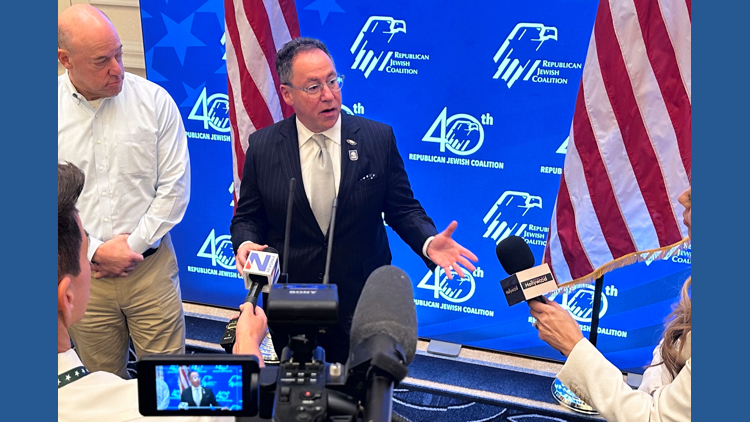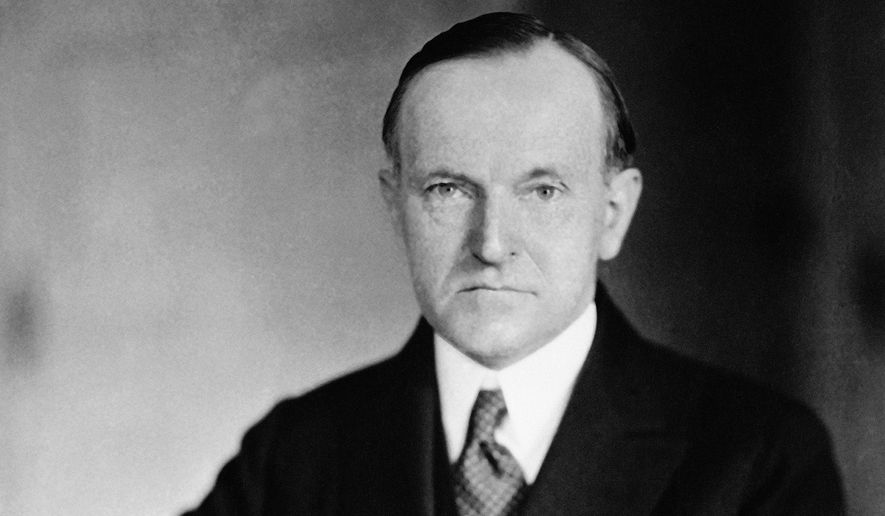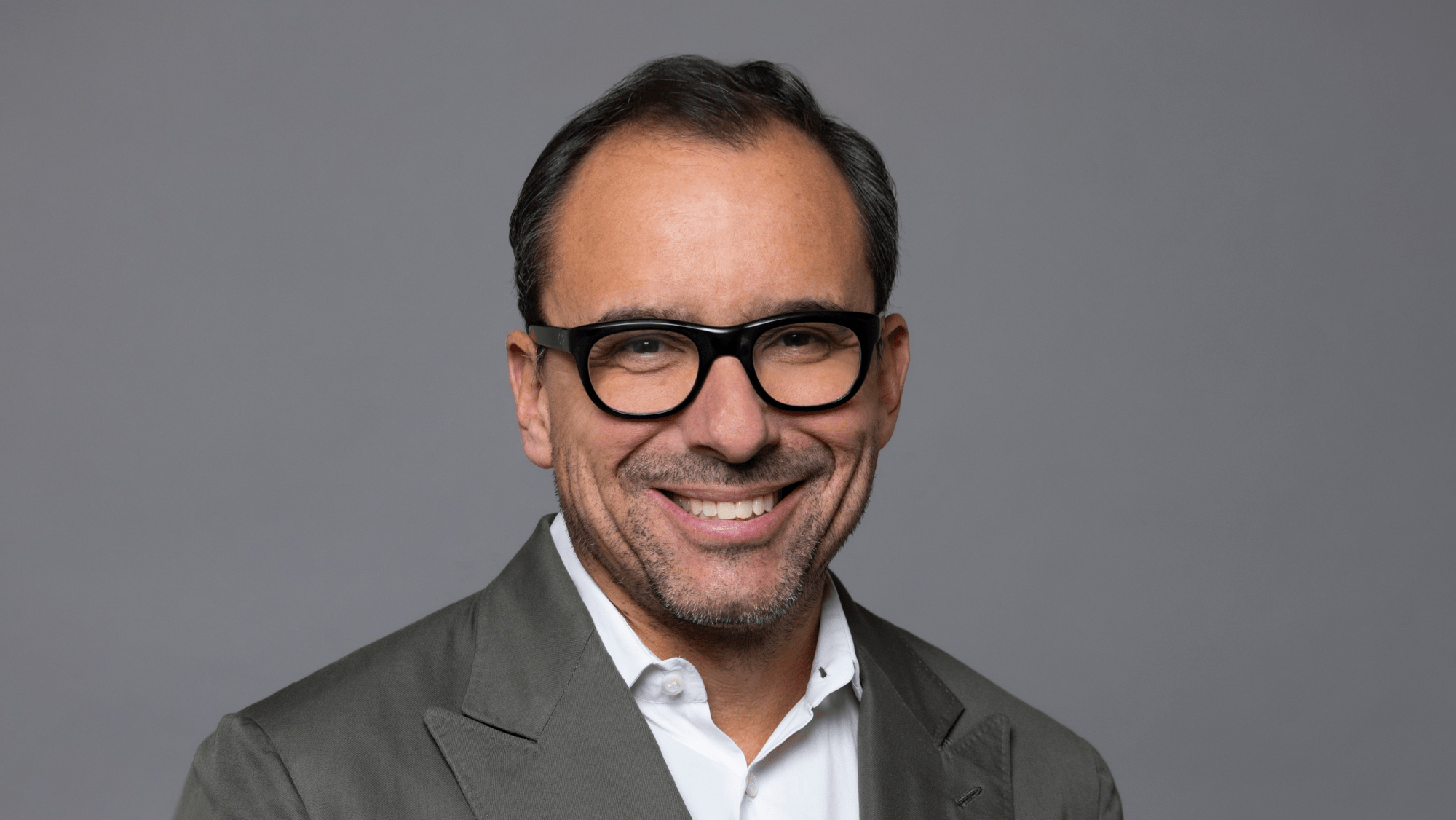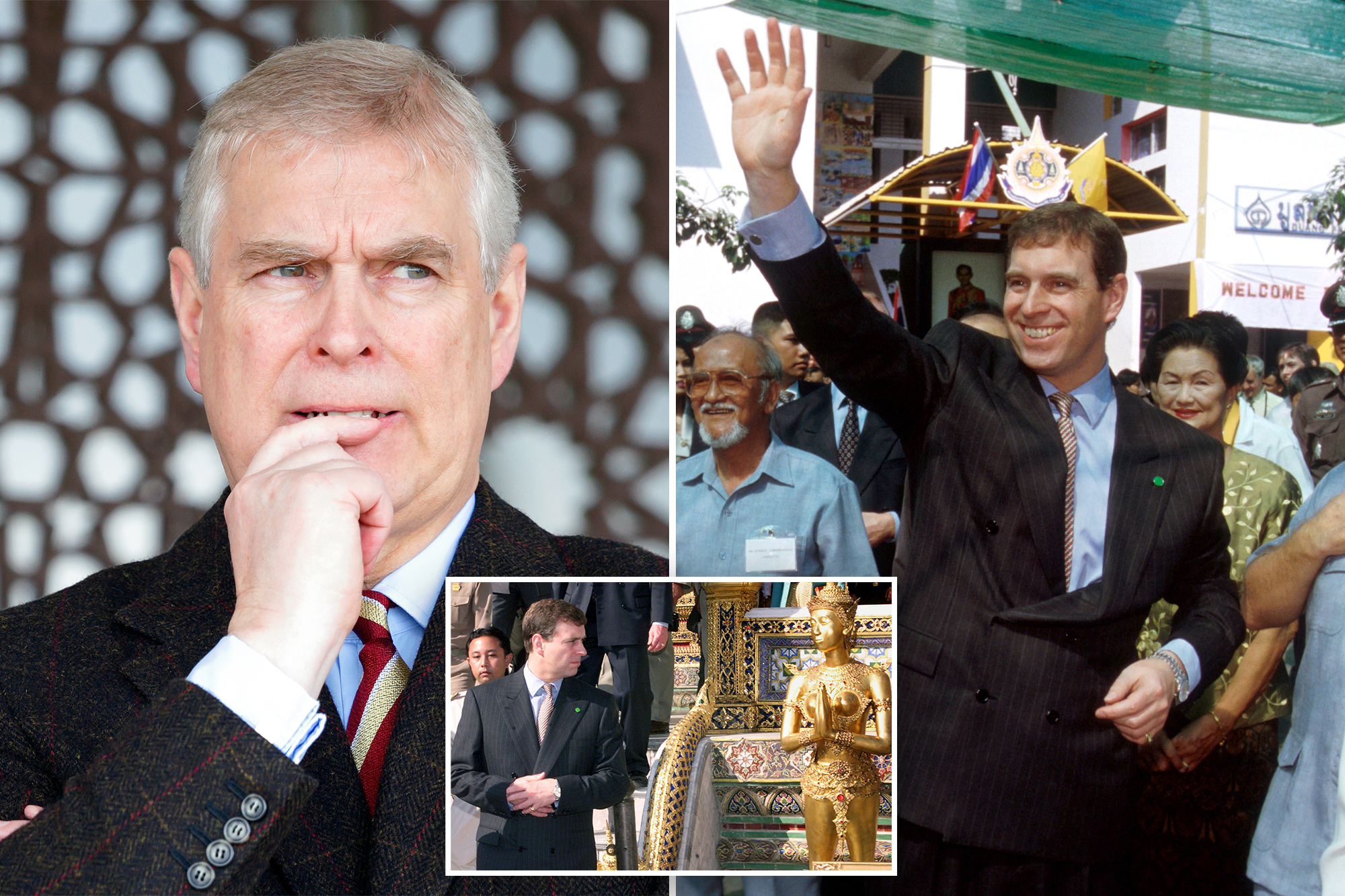A recent gathering of the Republican Jewish Coalition in Las Vegas revealed urgent concerns about the increasing prevalence of antisemitism within the Republican Party. During the meeting held on October 21-22, 2023, leaders shifted their focus from celebrating a ceasefire to confronting the troubling phenomenon that many attendees described as a growing threat.
The conference, which typically celebrates Jewish contributions to the Republican agenda, took a serious turn as discussions unfolded around the rise of antisemitic sentiments among party members. Speakers highlighted alarming incidents and rhetoric that have emerged in recent months, prompting calls for a collective response to address these issues head-on.
Matt Brooks, the executive director of the Republican Jewish Coalition, emphasized the need for unity among Jewish leaders to combat these rising sentiments. He stated, “The Jewish community must stand together to counter any form of hatred, especially when it surfaces within our political ranks.” His remarks echo a broader sentiment among attendees who expressed concern over the potential implications of unchecked antisemitism within the party.
Focus on Education and Awareness
Several sessions at the conference were dedicated to educating attendees on recognizing and responding to antisemitism. Experts in the field provided insights into the historical context of antisemitic beliefs and offered strategies for engaging with those who may hold such views. Participants were encouraged to take proactive measures in their local communities, fostering dialogue and understanding.
Michael Miller, a prominent Jewish community leader from New York, underscored the importance of grassroots activism. “We must not only react to incidents of antisemitism but also work to prevent them through education and outreach,” he said. This call to action resonated with many participants, who pledged to enhance their efforts in promoting awareness and tolerance.
Despite the gravity of the discussions, the conference also highlighted the resilience of the Jewish community within the Republican Party. Leaders reiterated their commitment to advocating for policies that support Jewish interests while simultaneously addressing the challenges posed by rising antisemitism.
Political Implications and Future Directions
The implications of these discussions extend beyond the confines of the conference. As the Republican Party approaches the next election cycle, leaders are aware that public perceptions of antisemitism could significantly impact their political strategies. Addressing these concerns is not only vital for the integrity of the party but also for maintaining trust among Jewish voters.
Ronna McDaniel, chairwoman of the Republican National Committee, attended the conference and expressed her support for the coalition’s initiatives. She stated, “We must make it clear that our party stands against all forms of hate, including antisemitism. This is not just a Jewish issue; it affects us all.”
As the gathering concluded, participants left with a renewed sense of purpose. The call to address antisemitism is not merely a political stance but a moral imperative that resonates deeply within the community. The Republican Jewish Coalition’s efforts to confront these issues will likely shape the party’s approach as it moves forward in the coming months.
In a political landscape marked by division and polarization, the commitment to fight against antisemitism serves as a vital reminder of the shared values that can unite diverse groups within the Republican Party. As leaders continue to advocate for change, the hope is that their efforts will foster a more inclusive and respectful political environment for all.







